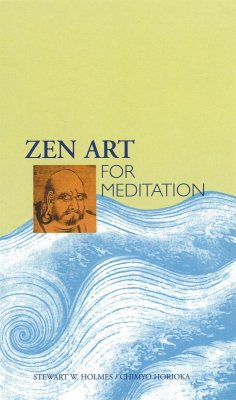This book is about emptiness and silence—the mind-expanding emptiness of Zen painting, and the reverberating silence of haiku poetry. Through imaginative participation in the visions of painters and poets, its readers are led to the realization that, in the author's words, "emptiness, silence, is not nothingness, but fullness. Your fullness."
This cultural tradition has informed many distinguished lives and works of art. The work of painters like Niten, Liang K'ai, and Toba, and of painters like Basho, Buson, and Issa reflects the wholeness, spontaneity, and humanity of the Zen vision. Those who desire a glimpse into the world of intuitive contact with nature offered by Zen meditation will find these paintings, commentaries, and haiku poems especially rewarding. They enable the reader to experience the unique power of Zen art—it's capacity to fuse esthetic appreciation, personal intuition, and knowledge of life into one creative event.
This cultural tradition has informed many distinguished lives and works of art. The work of painters like Niten, Liang K'ai, and Toba, and of painters like Basho, Buson, and Issa reflects the wholeness, spontaneity, and humanity of the Zen vision. Those who desire a glimpse into the world of intuitive contact with nature offered by Zen meditation will find these paintings, commentaries, and haiku poems especially rewarding. They enable the reader to experience the unique power of Zen art—it's capacity to fuse esthetic appreciation, personal intuition, and knowledge of life into one creative event.
Dieser Download kann aus rechtlichen Gründen nur mit Rechnungsadresse in A, D ausgeliefert werden.

